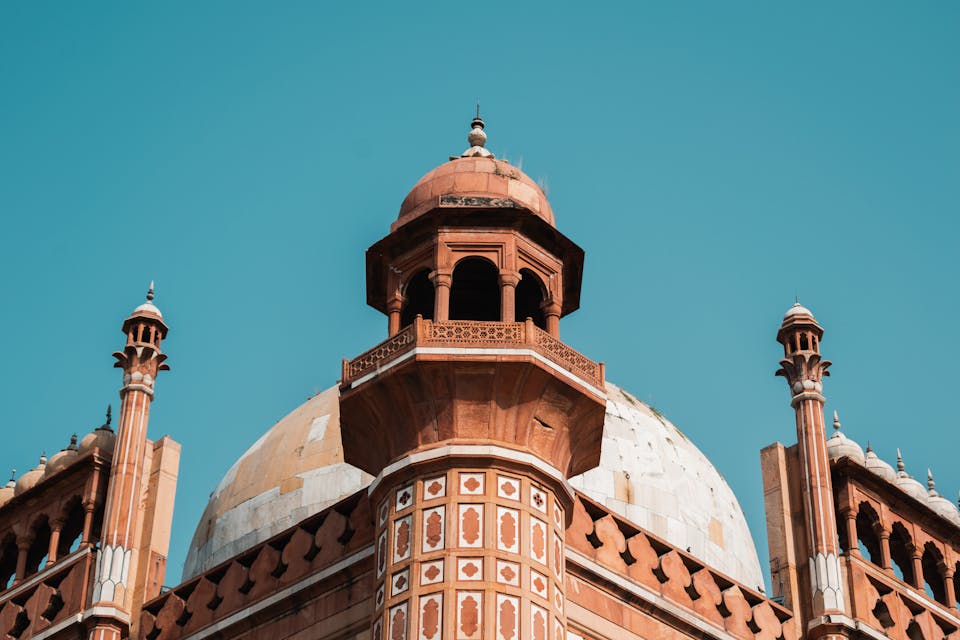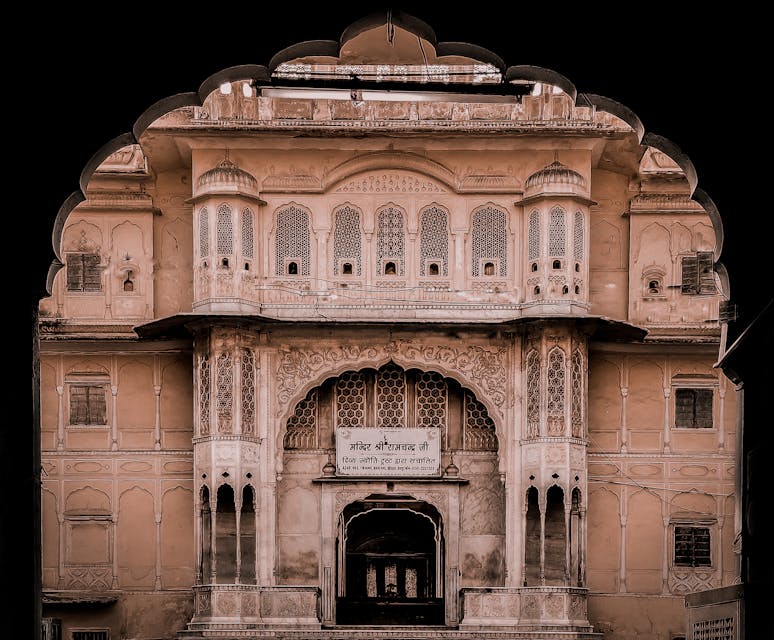5 Historical UPSC Questions That Stumped Aspirants

The UPSC (Union Public Service Commission) examination is one of the most prestigious and challenging exams in India. Aspirants spend years preparing for this exam, which tests their knowledge in various subjects, including history. Over the years, there have been several historical questions in the UPSC exams that have stumped even the most diligent aspirants. In this blog post, we will explore five such questions and delve into their significance in Indian history.
1. Who was the founder of the Maurya Empire?
Options: a) Chandragupta Maurya b) Ashoka the Great c) Bindusara d) Samudragupta
The correct answer is a) Chandragupta Maurya. He was the first emperor of the Maurya Empire, which was one of the largest and most powerful empires in ancient India. Chandragupta Maurya established his empire in 322 BCE and laid the foundation for a centralized and efficient administration system.
2. Which Mughal emperor built the Taj Mahal?
Options: a) Akbar b) Jahangir c) Shah Jahan d) Aurangzeb
The correct answer is c) Shah Jahan. He built the Taj Mahal as a mausoleum for his beloved wife, Mumtaz Mahal. The Taj Mahal is considered one of the Seven Wonders of the World and is a UNESCO World Heritage Site. It is a magnificent example of Mughal architecture and is renowned for its beauty and grandeur.
3. Who was the first President of India?
Options: a) Dr. Rajendra Prasad b) Jawaharlal Nehru c) Sardar Vallabhbhai Patel d) Dr. B.R. Ambedkar
The correct answer is a) Dr. Rajendra Prasad. He served as the President of India from 1950 to 1962. Dr. Rajendra Prasad was a prominent leader in the Indian independence movement and played a crucial role in the drafting of the Indian Constitution.
4. Which event marked the beginning of the Indian independence movement?
Options: a) The Sepoy Mutiny b) The Quit India Movement c) The Non-Cooperation Movement d) The Swadeshi Movement
The correct answer is c) The Non-Cooperation Movement. Launched by Mahatma Gandhi in 1920, the Non-Cooperation Movement was a significant step towards India’s independence from British rule. It aimed to boycott British goods and institutions and promote indigenous products and self-reliance.
5. Who was the first Prime Minister of India?
Options: a) Jawaharlal Nehru b) Indira Gandhi c) Lal Bahadur Shastri d) Rajiv Gandhi
The correct answer is a) Jawaharlal Nehru. He served as the Prime Minister of India from 1947 until his death in 1964. Jawaharlal Nehru was a key figure in the Indian independence movement and played a crucial role in shaping modern India’s political and economic policies.
These historical questions not only test the aspirants’ knowledge but also highlight the importance of understanding India’s rich history. Aspiring civil servants must delve deep into the annals of Indian history to grasp the complexities and significance of various events, empires, and personalities that have shaped the nation.
📚🇮🇳✍️

